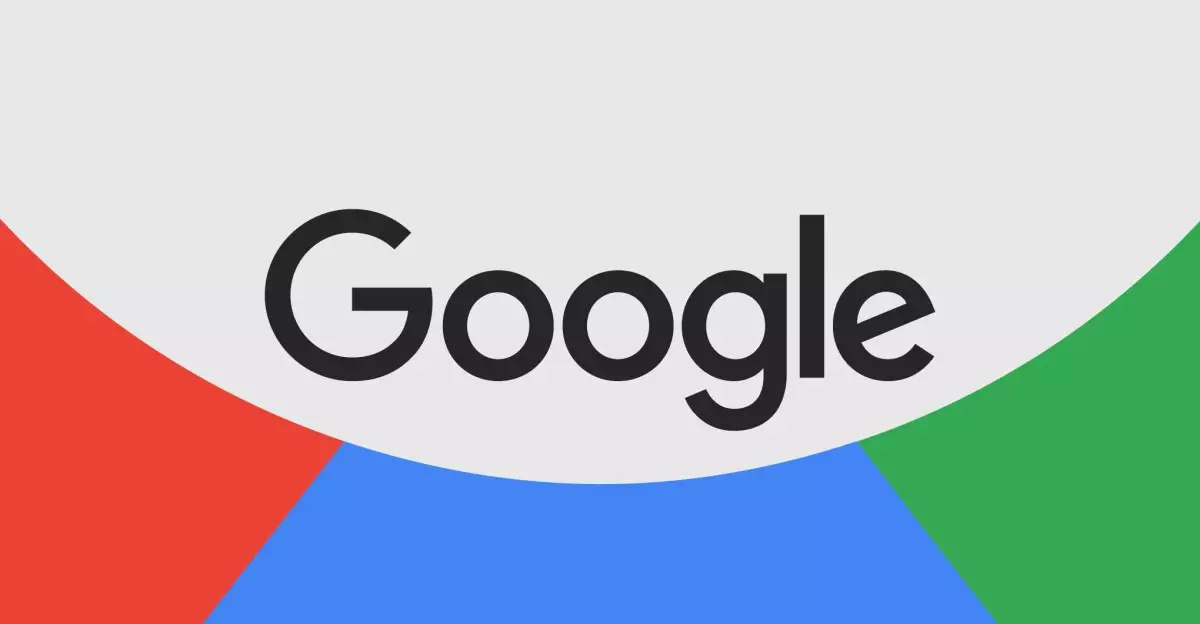In a recent shift that has stirred considerable backlash, Google introduced adjustments to its Calendar service by eliminating the automatic display of various cultural events and observances. This decision has left many users feeling sidelined, particularly as significant observations such as Pride Month and Black History Month have been relegated to the background. The announcement has fueled discussions surrounding representation in digital spaces and the role of tech companies in advocating for diversity in cultural recognition.
The response from Google Calendar users has been overwhelmingly critical. Many individuals have taken to social media and other platforms to express their disappointment, labeling the omission of these pivotal moments as “shameful” and accusing Google of succumbing to pressure from politically motivated entities. Advocacy groups and individuals who champion diversity have particularly condemned this development, indicating that it may represent a broader trend where cultural identities are overlooked in favor of a more homogenized approach to event categorization.
In light of the outcry, Google articulated its rationale for this significant modification. According to spokesperson Madison Cushman Veld, the decision to revert to only public holidays and national observances stems from challenges associated with maintaining a broader array of cultural moments. The tech giant had previously collaborated with timeanddate.com to curate these listings but found themselves overwhelmed by the various requests for additional recognitions across different cultures and countries. Thus, the company deemed it more manageable to streamline the process by focusing solely on official public holidays.
This change raises critical questions about the importance of inclusivity in digital applications. By omitting cultural observances from their default settings, Google risks alienating users who rely on Calendar to acknowledge and celebrate their cultural identities. The move can be perceived as a lack of acknowledgment of the diverse tapestry that characterizes modern society. Users who take pride in celebrating their cultural heritage may feel that the platform is no longer a supportive space for fostering community representation.
As Google navigates user feedback following this controversial change, it will be crucial for the company to reassess its approach to cultural representation within its digital products. The company’s decision to streamline such inclusivity could have long-term consequences, potentially fostering feelings of disenfranchisement among various cultural groups. For Google, the challenge lies not only in addressing the immediate concerns raised by its users but also in setting a precedent for how technology can support diversity and celebrate cultural richness in a respectful and meaningful manner. As discussions continue, it remains to be seen whether Google will choose to reintegrate these important cultural observances or adhere to its current streamlined model.

